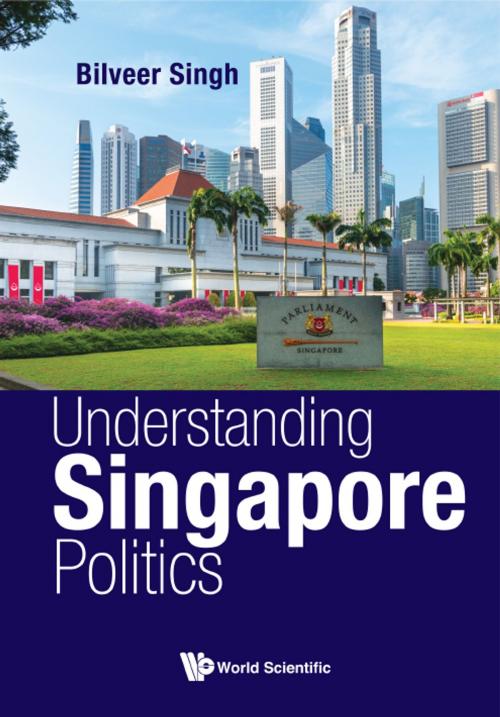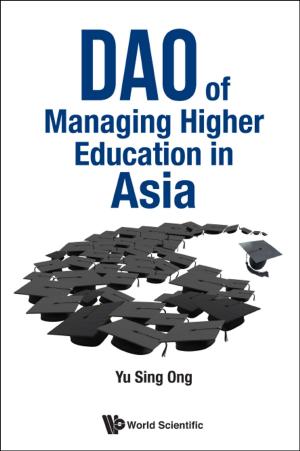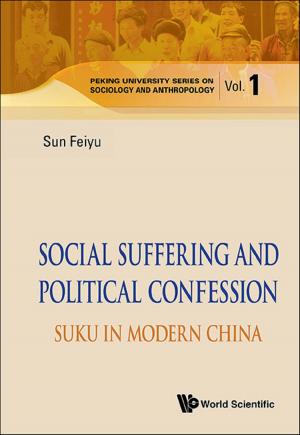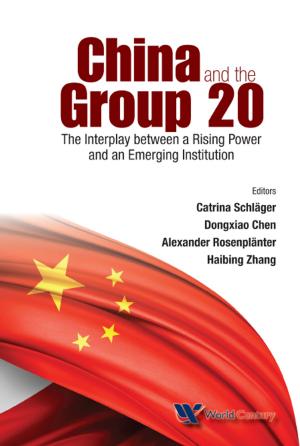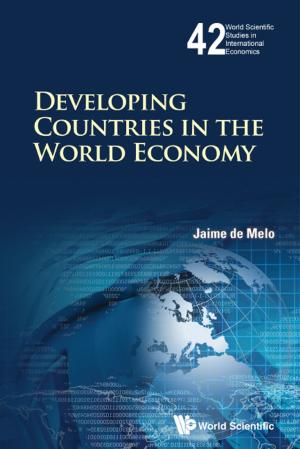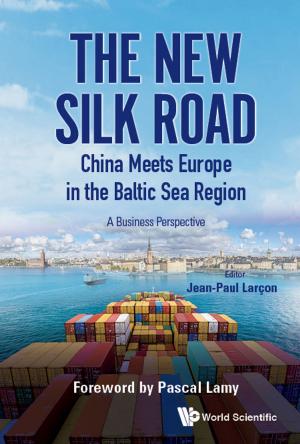Understanding Singapore Politics
Nonfiction, Social & Cultural Studies, Political Science, Government, Political Parties, International| Author: | Bilveer Singh | ISBN: | 9789813209251 |
| Publisher: | World Scientific Publishing Company | Publication: | March 23, 2017 |
| Imprint: | WSPC | Language: | English |
| Author: | Bilveer Singh |
| ISBN: | 9789813209251 |
| Publisher: | World Scientific Publishing Company |
| Publication: | March 23, 2017 |
| Imprint: | WSPC |
| Language: | English |
Understanding Singapore Politics is written to address the dearth of a succinct overview on Singapore politics. This introductory text looks at the factors that shape the island-republic's domestic politics, the key institutions and issues in the city-state, electoral power as well as the political direction Singapore is likely to take in a post-Lee Kuan Yew era. The specific institutions covered for discussion include the mass media, trade unions, civil service and grassroots organisations. The role of civil and civic society, including pressures for democratisation, is also examined. In addition, various new political issues — the importance of race, income equality and migration — and their implications are discussed. Finally, the linkage between Singapore's domestic and foreign policy is analysed. This foundational guide to Singapore politics is recommended for anyone who has an interest or a stake in the island republic.
Contents:
- Key Personalities in Singapore Politics
- Chronology of Key Political Developments
- List of Tables
- Abbreviations
- Key Terms
- Acknowledgements
- Preface
- Introduction
- The Key Determinants of Singapore Politics
- The Political History of Singapore and the Continued Relevance of the Past
- The Singapore Political System — A Hybrid Westminster Model?
- Political Parties — The Resilience of the One-Party Dominant State
- Para-Political Organisations in Singapore
- Nation Building and National Identity
- Political Leadership and Challenge of Renewal
- Rise of Civil Society Politics and Democratisation
- Rise of New Issues in Singapore's Politics
- Elections in Singapore — Is the Hegemony Being Challenged?
- Singapore in the Post-Lee Kuan Yew Era
- Linkage between Singapore's Domestic and Foreign Policy
- Conclusion: Whither Politics in Singapore?
- Select Bibliography
- Index
Readership: Secondary and Junior College students, University students specialising on Southeast Asia and in particular Singapore, researchers on Singapore politics, as well as professionals such as diplomats and journalists who want to have an insight on Singapore politics.
Key Features:
- An introductory text that provides a comprehensive overview to Singapore politics
- Updates on political developments in the post-2011 General Elections, such as the holding of various elections and the passing of Lee Kuan Yew
Understanding Singapore Politics is written to address the dearth of a succinct overview on Singapore politics. This introductory text looks at the factors that shape the island-republic's domestic politics, the key institutions and issues in the city-state, electoral power as well as the political direction Singapore is likely to take in a post-Lee Kuan Yew era. The specific institutions covered for discussion include the mass media, trade unions, civil service and grassroots organisations. The role of civil and civic society, including pressures for democratisation, is also examined. In addition, various new political issues — the importance of race, income equality and migration — and their implications are discussed. Finally, the linkage between Singapore's domestic and foreign policy is analysed. This foundational guide to Singapore politics is recommended for anyone who has an interest or a stake in the island republic.
Contents:
- Key Personalities in Singapore Politics
- Chronology of Key Political Developments
- List of Tables
- Abbreviations
- Key Terms
- Acknowledgements
- Preface
- Introduction
- The Key Determinants of Singapore Politics
- The Political History of Singapore and the Continued Relevance of the Past
- The Singapore Political System — A Hybrid Westminster Model?
- Political Parties — The Resilience of the One-Party Dominant State
- Para-Political Organisations in Singapore
- Nation Building and National Identity
- Political Leadership and Challenge of Renewal
- Rise of Civil Society Politics and Democratisation
- Rise of New Issues in Singapore's Politics
- Elections in Singapore — Is the Hegemony Being Challenged?
- Singapore in the Post-Lee Kuan Yew Era
- Linkage between Singapore's Domestic and Foreign Policy
- Conclusion: Whither Politics in Singapore?
- Select Bibliography
- Index
Readership: Secondary and Junior College students, University students specialising on Southeast Asia and in particular Singapore, researchers on Singapore politics, as well as professionals such as diplomats and journalists who want to have an insight on Singapore politics.
Key Features:
- An introductory text that provides a comprehensive overview to Singapore politics
- Updates on political developments in the post-2011 General Elections, such as the holding of various elections and the passing of Lee Kuan Yew
